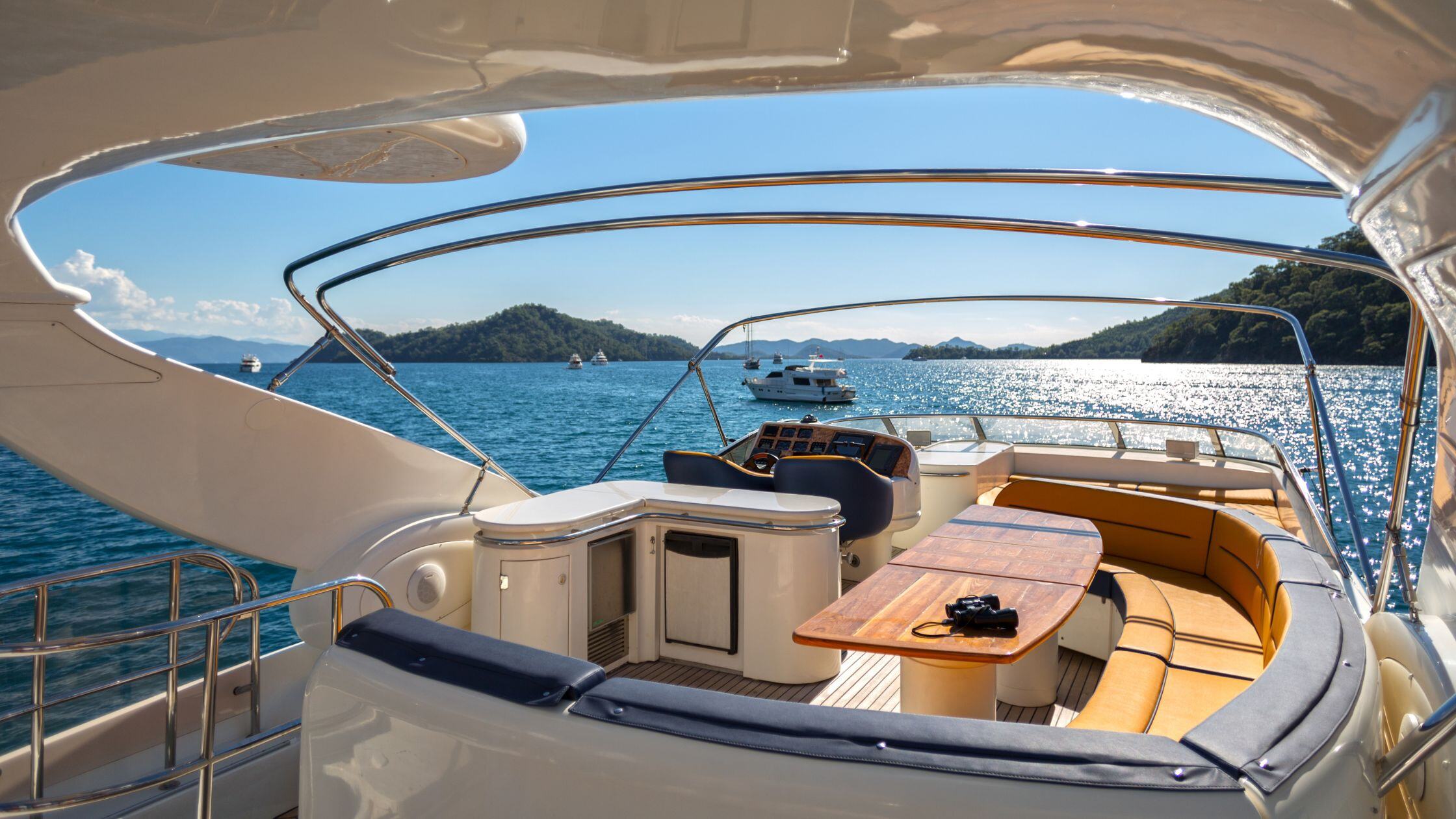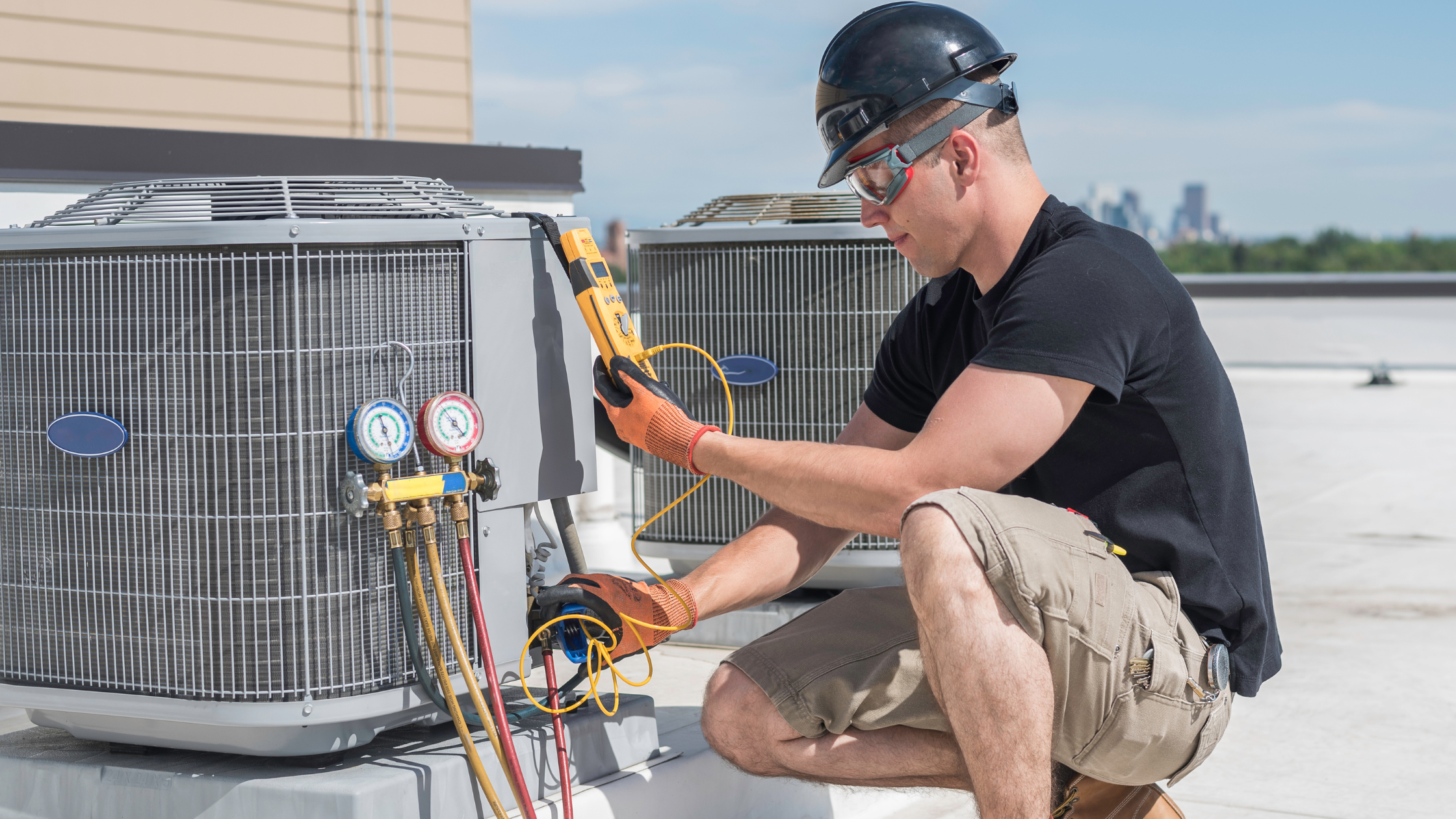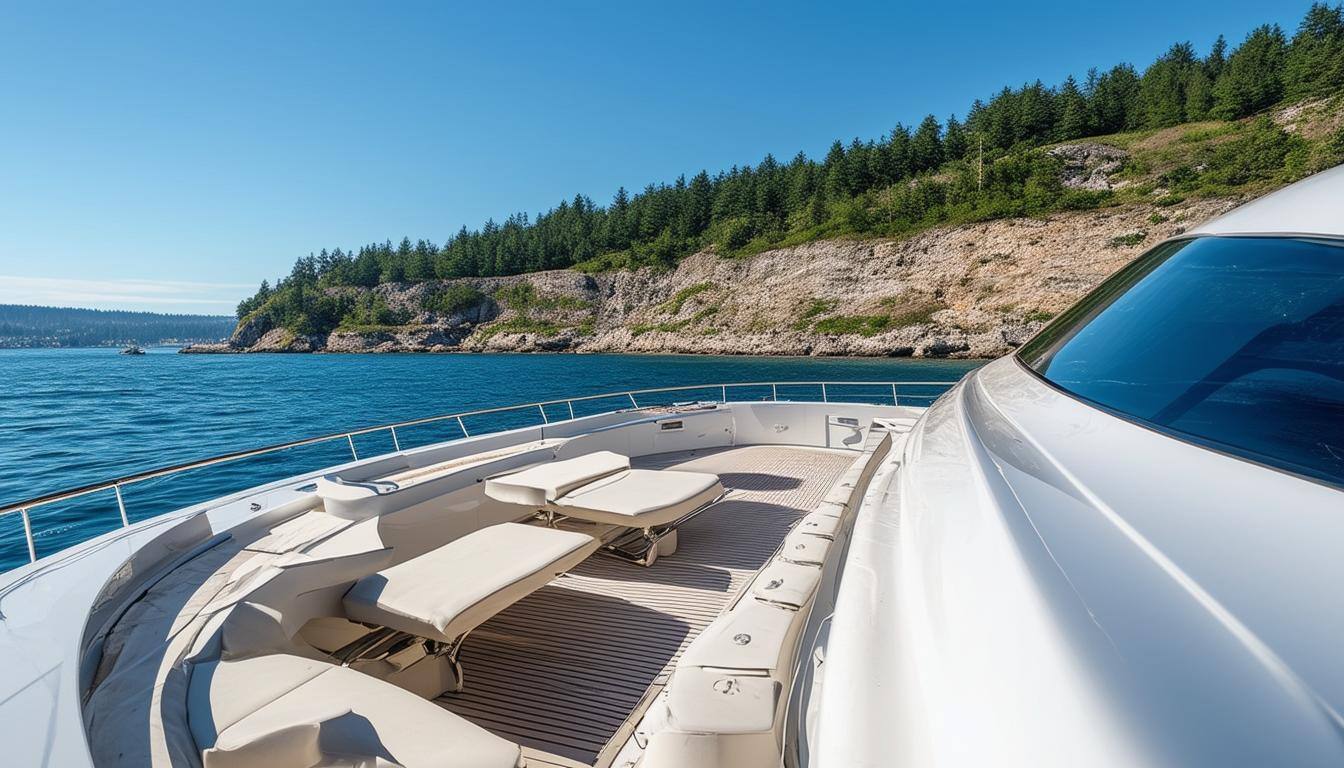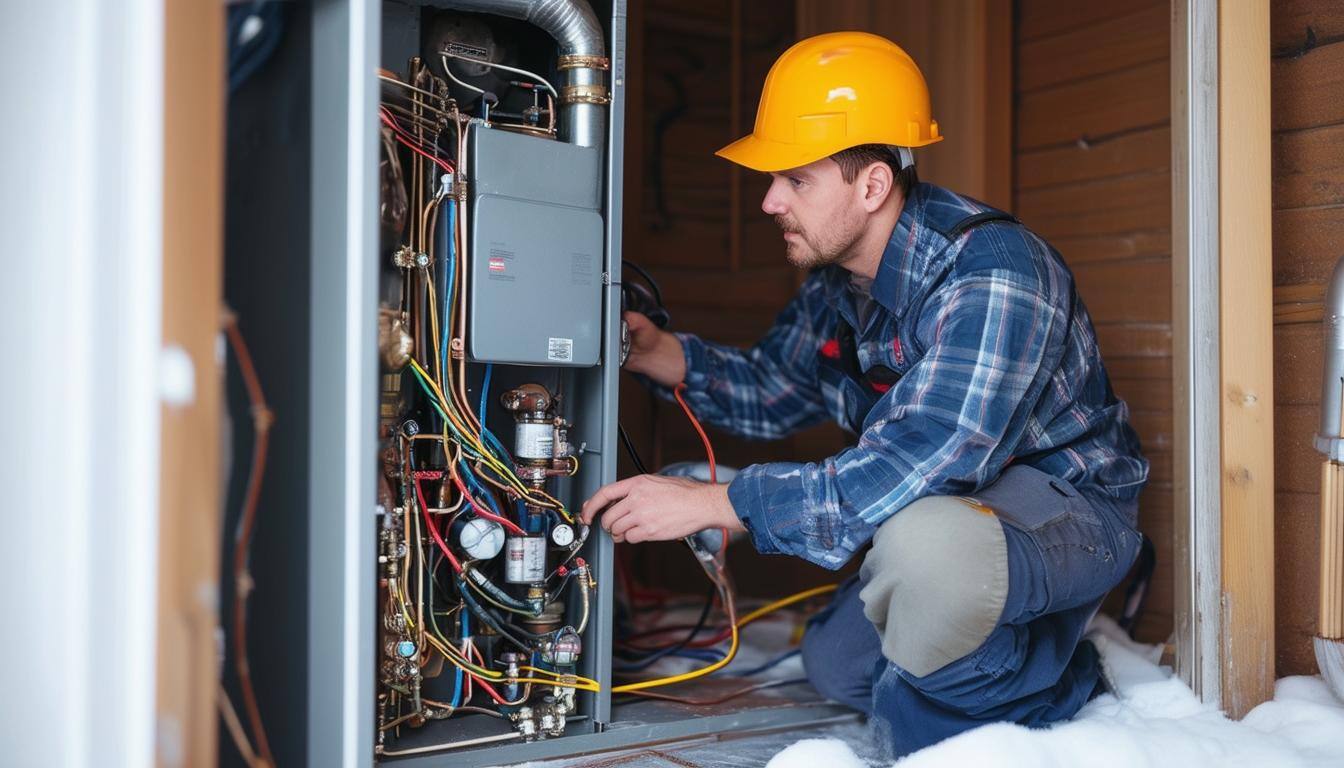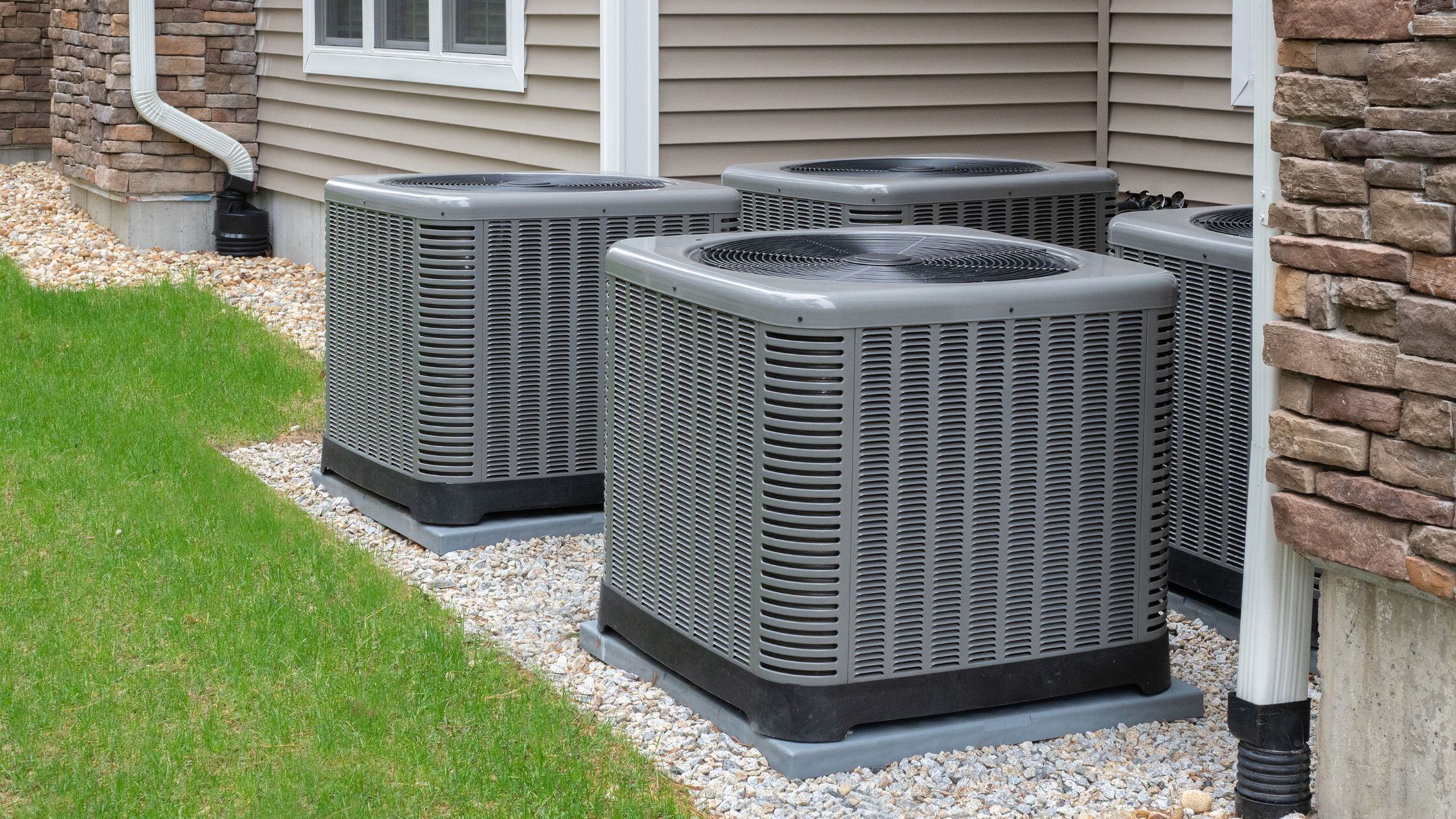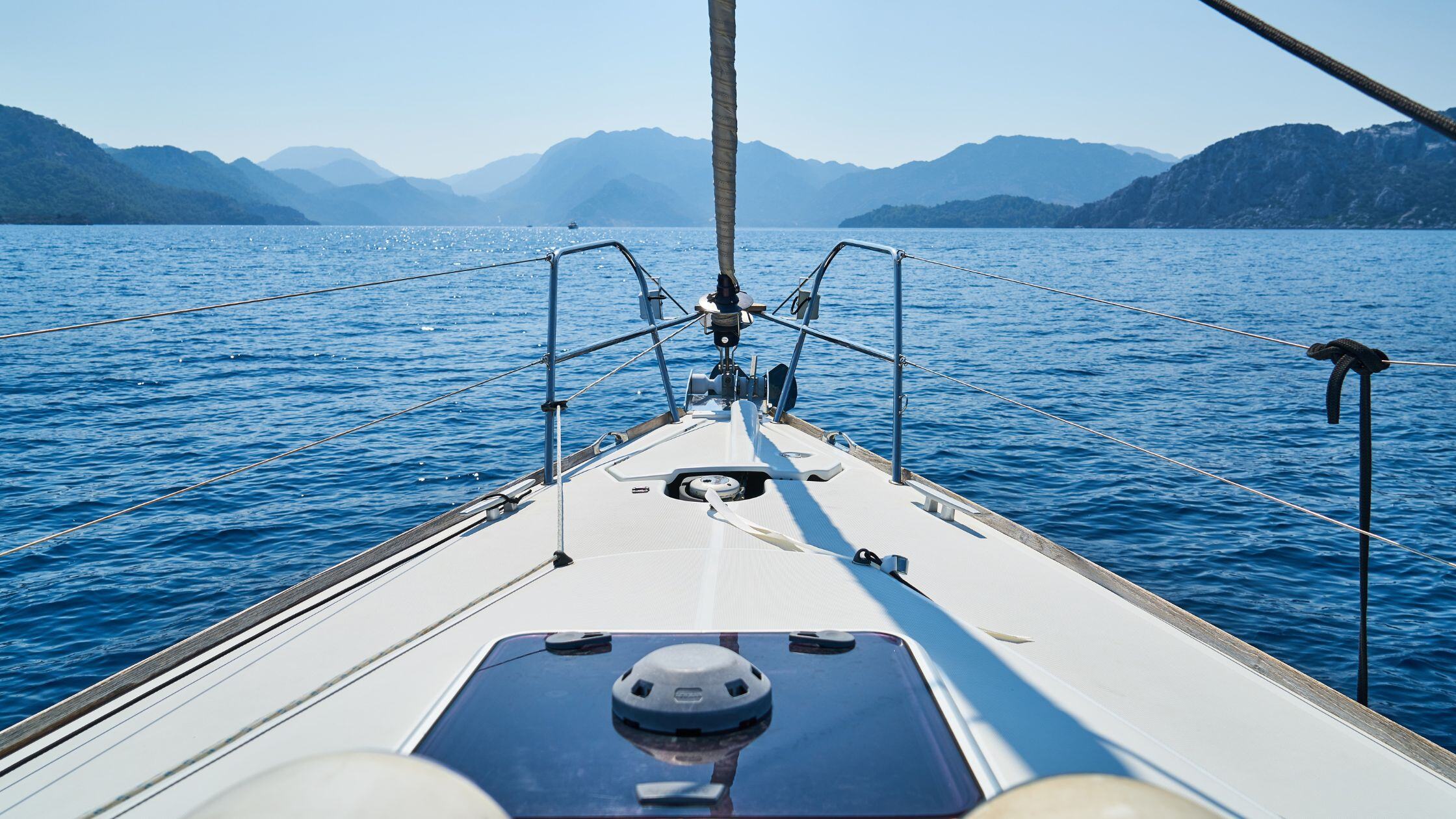Understanding Marine Air Conditioning Systems
Marine air conditioning systems are designed to provide heating and cooling capabilities to boats and other marine vessels. These systems work similarly to traditional air conditioning systems, but they are specifically designed to withstand the unique challenges of the marine environment.
One important aspect of understanding marine air conditioning systems is recognizing the different types of systems available. There are two main types: self-contained systems and split-gas systems.
Self-contained systems are compact units that contain all the necessary components, including the compressor, evaporator, and condenser, in a single package. These systems are typically easy to install and require minimal maintenance. Split-gas systems, on the other hand, have separate units for the compressor and evaporator, which allows for more flexibility in installation.
Another key aspect of marine air conditioning systems is their cooling capacity, which is measured in BTU (British Thermal Units). It's important to choose a system with the appropriate cooling capacity for your boat's size and layout. A system that is too small may struggle to cool the entire boat, while a system that is too large may cycle on and off frequently, leading to inefficient operation and increased wear and tear.
Understanding the basics of marine air conditioning systems will help you make an informed decision when choosing the right system for your boat.
Factors to Consider When Choosing a Marine Air Conditioning System
When selecting a marine air conditioning system for your boat, there are several important factors to consider.
First, you need to determine the cooling capacity required for your boat. This will depend on factors such as the size of your boat, the number of compartments that need to be cooled, and the climate conditions in which you typically use your boat. It's recommended to consult with a professional to determine the appropriate cooling capacity for your specific needs.
Next, you should consider the power requirements of the system. Marine air conditioning systems can be powered by either 12-volt DC power or 115-volt AC power. The power source available on your boat will influence your options for air conditioning systems.
Another factor to consider is the installation process. Some marine air conditioning systems are designed for easy installation, while others may require more complex installation procedures. It's important to choose a system that aligns with your installation capabilities and preferences.
Additionally, you should consider the maintenance requirements of the system. Regular maintenance is essential to keep a marine air conditioning system functioning properly. Some systems may require more frequent maintenance than others, so it's important to factor in the time and effort required to maintain the system.
Lastly, you should take into account your budget. Marine air conditioning systems can vary in price depending on their features and quality. It's important to set a budget and choose a system that meets your needs without exceeding your financial limitations.
Considering these factors will help you narrow down your options and select the right marine air conditioning system for your boat.
Types of Marine Air Conditioning Systems
There are several types of marine air conditioning systems available on the market, each with its own advantages and considerations.
The most common types of marine air conditioning systems are self-contained systems and split-gas systems.
Self-contained systems are compact units that contain all the necessary components in a single package. These systems are typically easy to install and require minimal maintenance. They are a popular choice for boats with limited space.
Split-gas systems, on the other hand, have separate units for the compressor and evaporator. This allows for more flexibility in installation, as the units can be placed in different locations. Split-gas systems are often used in larger boats or boats with specific layout requirements.
Another type of marine air conditioning system is the chiller system. Chiller systems use a central chiller unit to cool the air, which is then distributed to different areas of the boat through air handlers. Chiller systems are known for their high cooling capacity and precise temperature control. They are commonly used in larger yachts and commercial vessels.
It's important to consider the specific needs and requirements of your boat when choosing the type of marine air conditioning system.
Benefits of Installing a Marine Air Conditioning System
Installing a marine air conditioning system on your boat offers several benefits.
First and foremost, a marine air conditioning system provides comfortable and controlled indoor temperatures on your boat, regardless of the external weather conditions. This is especially important during hot summer months when the interior of the boat can become unbearably hot.
In addition to comfort, marine air conditioning systems also help to improve air quality on your boat. These systems often come with built-in air filters that remove dust, pollen, and other airborne particles from the air, creating a healthier and more enjoyable environment.
Furthermore, marine air conditioning systems can help to prevent the growth of mold and mildew inside the boat. By controlling the humidity levels and circulating the air, these systems reduce the risk of moisture-related issues that can damage the boat's interior and compromise the structural integrity.
Lastly, installing a marine air conditioning system can increase the overall value of your boat. Buyers are often willing to pay a premium for boats equipped with air conditioning, making it a worthwhile investment.
Considering the numerous benefits, installing a marine air conditioning system is a smart choice for boat owners who value comfort, air quality, and the preservation of their boat's interior.
Maintenance Tips for Marine Air Conditioning Systems
Proper maintenance is crucial to ensure the optimal performance and longevity of your marine air conditioning system.
One important maintenance task is to regularly clean or replace the air filters. Air filters can accumulate dust and debris over time, which can hinder the system's airflow and reduce its efficiency. Cleaning or replacing the filters as recommended by the manufacturer will help to maintain the system's performance.
It's also important to check and clean the condenser coils regularly. The condenser coils are responsible for releasing heat from the system, and any buildup of dirt or debris can impede their effectiveness. A gentle cleaning with a soft brush or compressed air can help to keep the coils clean and functioning properly.
Additionally, it's recommended to inspect the system's ductwork for any signs of leaks or damage. Leaky ducts can result in poor airflow and reduced cooling capacity. If any issues are detected, they should be promptly repaired to ensure the system's efficiency.
Regularly checking the system's refrigerant levels is also essential. Low refrigerant levels can indicate a leak or other issues that need to be addressed. It's important to consult with a professional technician to properly diagnose and fix any refrigerant-related problems.
Lastly, it's a good practice to schedule regular professional maintenance for your marine air conditioning system. A professional technician can perform a comprehensive inspection, clean the components, and identify any potential issues before they escalate.
By following these maintenance tips, you can ensure that your marine air conditioning system operates efficiently and reliably for years to come.
